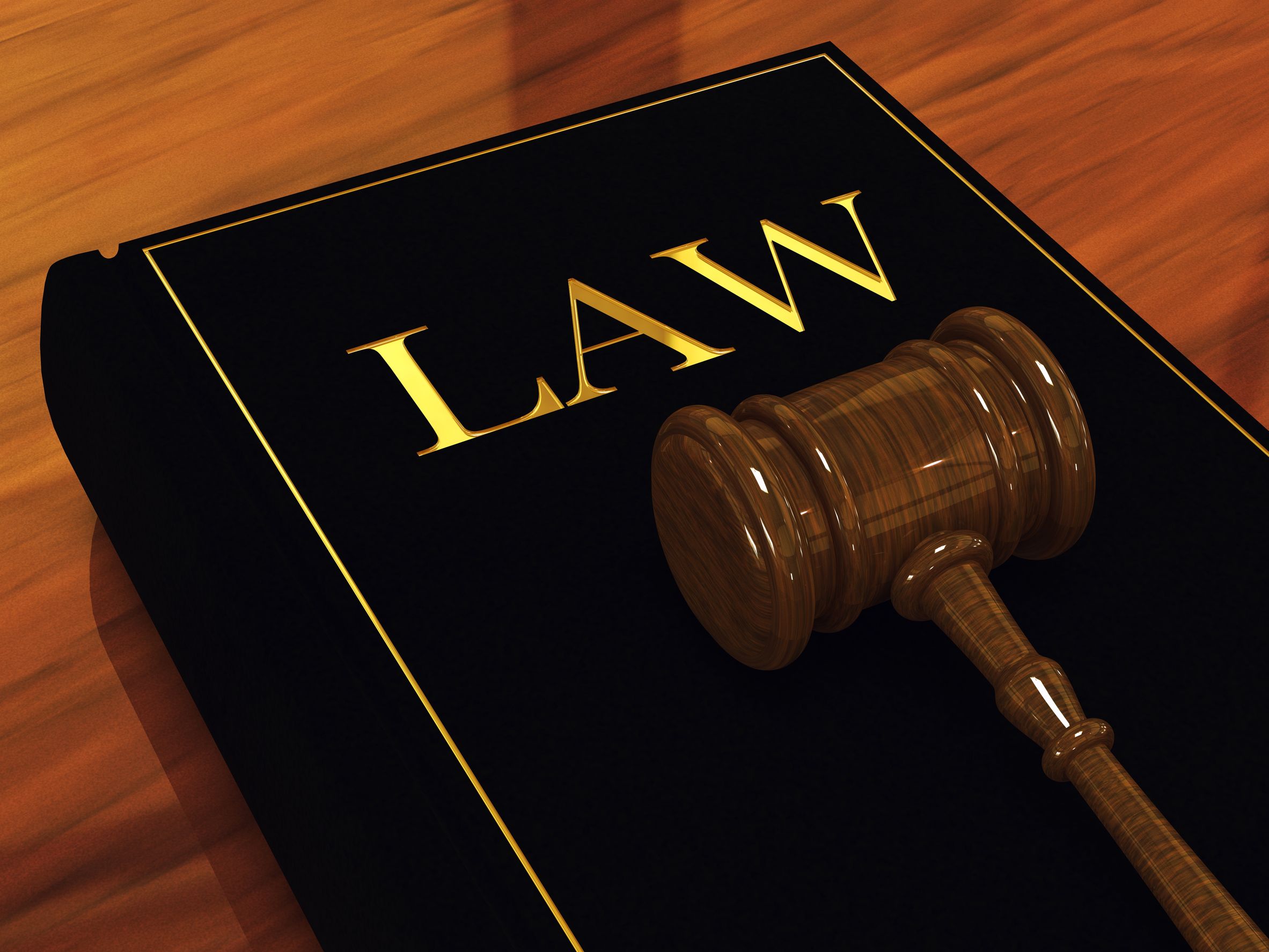Disputes over child custody and support can become quite bitter, and they can be made worse if parents do not understand the underlying legal terminology. A Child Support Attorney in Stroudsburg PA can help clients understand the process, as well as its various parts. Below are three of the most important terms to know about child support, custody, and visitation.
Physical Custody
The parent who gets physical custody of the children is the one with whom they will live most of the time. Physical custody may be granted to one parent (legally known as sole custody), or it can be split between the parents (known as joint physical custody). A parent with physical custody looks after a child’s daily needs, and they are typically a constant presence in the children’s lives.
Legal Custody
In legal custody arrangements, a parent gets the right to make important decisions on the children’s behalf. Like physical custody, legal custody may be awarded jointly or solely. Even if the children live with one parent more than they live with the other, both parents may still receive legal custody. Simply put, legal custody is the permission to make vital decisions for the children, such as where to attend school, where to get medical care, and where to receive religious instruction.
Supervised Visitation
A Child Support Attorney in Stroudsburg PA will work with the client, the other parent, and his or her legal counsel to create a fair visitation arrangement. In a situation where a parent is considered dangerous or unfit to be around the children alone, a supervised visitation arrangement may be implemented. A supervised visitation usually takes place with a court-approved third party or at a neutral, certified facility.
Count on a Custody and Support Lawyer for Advice
Call a local child support and custody law firm to schedule a consultation with a visitation and support lawyer. Click here to learn more about the firm’s services or call the office to speak to a trained representative. By learning the most important visitation and custody terms, parents can make sense of the state’s laws and how they apply to the family.






